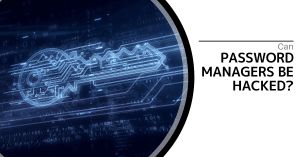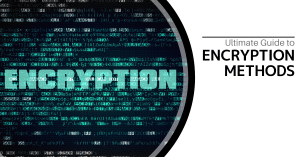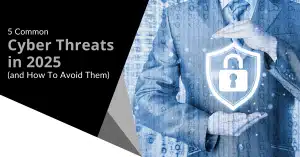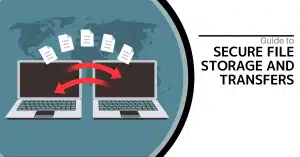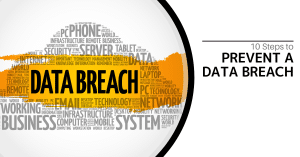How Data is Collected
Honestly, companies and websites acquire your data by asking you for it. Each time you purchase something online, or even just sign into a website to learn more about what they have to offer, you provide your contact information to them. The expectation, however, is that the information that you provide will be properly secured.
Unfortunately, this security isn’t always provided as it should be. Many companies will resell the information that they collect to other companies in mass bundles. While this is still a common practice, the increased focus on data protection many individuals have today has led to this kind of behavior becoming more frowned upon.
The major concern that persists, however, is that the company that has collected your data can potentially be breached. Consider the kind of thing that these companies regularly collect: your name, birthdate, credit card information, contact information, and many other examples of personally identifiable information (PII). If they are breached, you’re the one facing the brunt of the responsibility.
Privacy on the Internet is less-than-ideal as it is. Literally everything done online produces a data trail that points right to you, whether it’s streaming content, messaging someone, everything. This trail, if someone cared to use it, could tell them a lot about you as a person.
How to Protect Your Data (and Yourself)
As your data carries with it inherent value, you need to protect it as much as you can. Here are a few ways you can help minimize the risks presented to your data:
- Use good passwords: Your password hygiene is a critically important consideration. You might consider putting together passphrases as an easier-to-remember, but more difficult to guess, alternative.
- Review the Terms of Service: Check the fine print on any website or mobile app where you’re considering an account.
- Track your finances: Finding a trustworthy service that can help you manage your finances and provide access to your credit reports can be a useful asset to you.
- Avoid public Wi-Fi whenever possible: Publicly available Wi-Fi is a hotbed for cyberattacks and malware. It is far better to use your own data plan instead.
For more information and insights into how you can protect your business from the risks of a cyberattack, reach out to the professionals at SRS Networks. Give us a call at (831) 758-3636.
